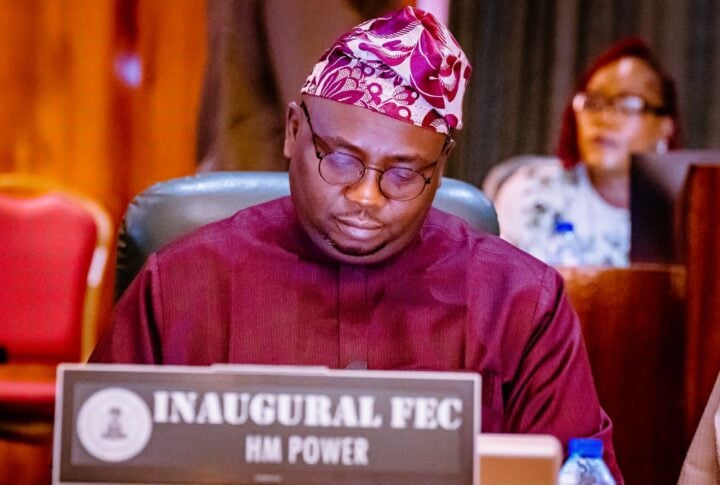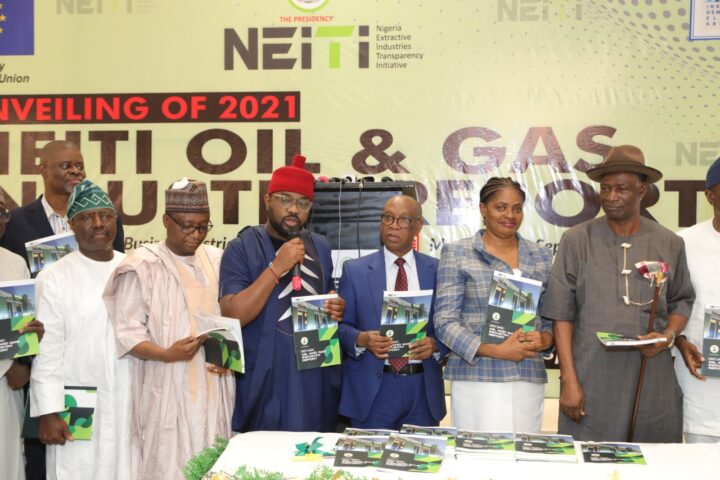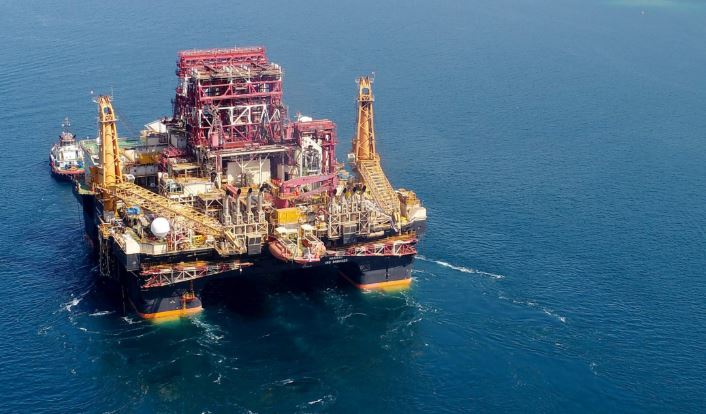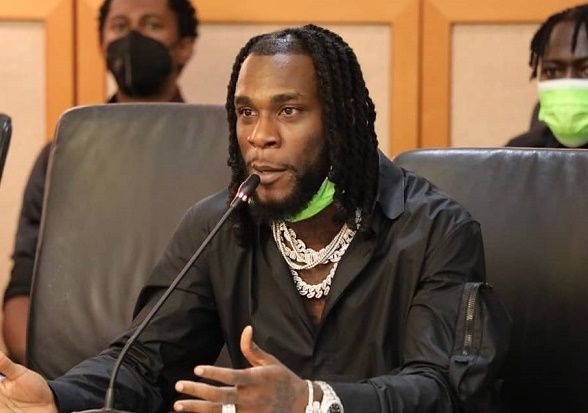The federal government says it will boost power generation and stabilise the national grid with an “investment plan of $20 billion”.
Adebayo Adelabu, minister of power spoke on Tuesday at the opening ceremony of the ongoing Nigeria Energy Summit in Lagos.
Speaking on expansion goals, Adelabu said the federal government would grow the power sector through huge investments.
The minister also said the federal government is ramping up preparations to attain at least 20,000 megawatts (MW) of electricity generation in the next three years.
Advertisement
“The Nigerian government is actively advancing the power sector through various measures,” Adelabu said.
“With a $20 billion investment plan, new power plants and transmission lines are set to be established to boost power generation and grid stability.
“That is why my tenure would focus on growing power generation to 20,000 megawatts in the next three years. But the target would be impossible without investments from all investors across the sector’s value chain.
Advertisement
“From the utilities to transmission and generation companies; everyone must be ready to invest to achieve the target.”
Adelabu said Nigeria has a long-term energy expansion plan of about 60,000 MW by 2060, and a medium-term target of 30,000 MW by 2030.
He said these are not targets that are not achievable.
‘EIGHT MILLION METERING GAPS MUST BE CLOSED’
Advertisement
On power transmission, the minister said Nigeria’s power sector challenges will come to an end if the Nigerian Electricity Supply Industry (NESI) can transmit over 85 percent of generated power to customers to stay liquid.
He also said the huge metering gap faced in the country must be closed, adding that the ministry has identified about 8 million metering gaps.
The minister, therefore, called on investors to think long-term investments for the sector.
“It is enough just to generate power, but the most important thing is also to be able to get at most 90 percent of the power to consumers that would pay for it,” Adelabu said.
Advertisement
“The truth of the matter is, that all the progress we say we have made still creates efforts to be made if the energy that is reliable and affordable cannot reach the end consumers, I mean the households, small businesses, institutions, and industries.
“The Nigerian electricity market is huge. So, investors must be ready for mid and long-term investments before expecting to make profits. The industry needs liquidity and this can be attained through equity and debt capital.”
Advertisement
On his part, Ade Yesufu, exhibition director, energy portfolio — MEA, Informa Markets, said there was an immense need to restructure the electricity market.
This, he said, can be done by introducing competition and private sector involvement.
Advertisement






